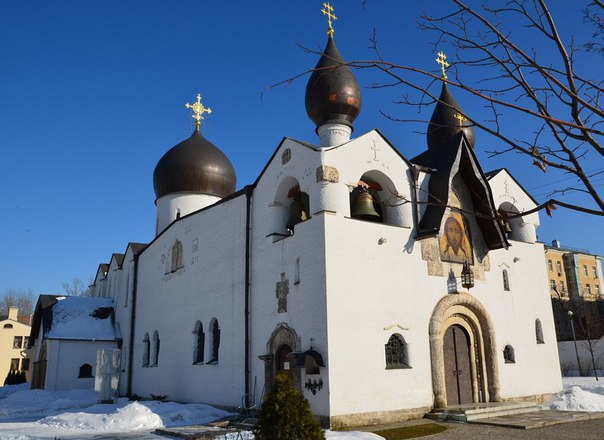 Reuters summarizes the challenges in doing business in Russia with:
Reuters summarizes the challenges in doing business in Russia with:
Russia is one of the world’s most lucrative markets but is heavily dependent on energy and commodity exports, plagued by corruption and its political stability rests on one man, Prime Minister Vladimir Putin.
Even with rising oil prices, Russian Finance Minister Alexei Kudrin has forecasted a budget deficit of 2% for 2011. With Middle East unrest as a backdrop, the Kremlin has even stronger incentives to maintain and increase social spending and state pensions.
It is interesting that Reuters links the legitimacy of Putin’s United Russia party to economic growth. Markets hate uncertainty, so despite the lack of democracy in Russia, Putin’s leadership is an economic program that the markets are used to.
Putinomics, however, extracts a heavy toll on the Russian economy. The capital seepage leaking out of the legitimate economy through corruption and the lack of rule of law not only drives away investment (capital outflows were at an all time high in 2010) but levies a heavy toll on Russian investments. Russian energy companies trade at a 40-50% discount from US companies.
Transparency International and Revenue Watch Institute released a study today on oil and gas companies and finds that they must do more in their anti-corruption measures.
The companies evaluated represent 60 percent of global oil and gas production. By disclosing anti-corruption measures and key organizational and financial data, especially on a country-by-country level, companies demonstrate their commitment to stop the misappropriation of revenues. In particular, detailed publication of fiscal payments allows citizens to hold governments to account.





